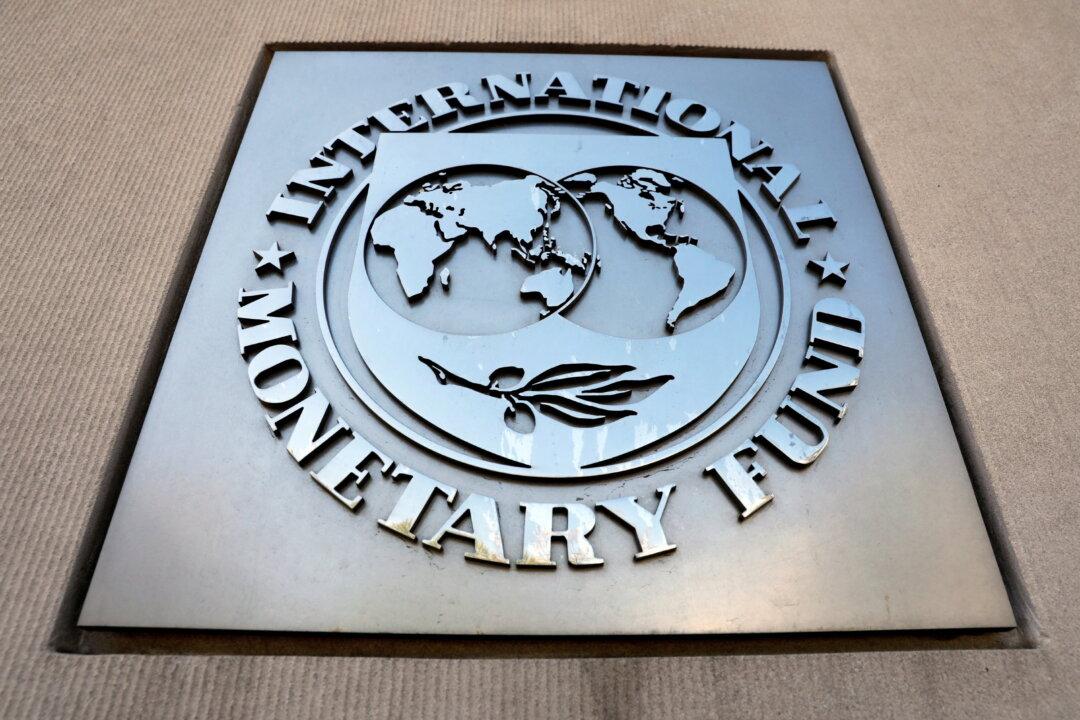A new central bank digital currency (CBDC) was launched at a recent event held by the International Monetary Fund (IMF), with some raising concerns about a “globalist agenda” behind the currency.
The universal monetary unit (UMU), created by the Digital Currency Monetary Authority (DCMA), was officially launched on April 10 at the International Monetary Fund’s Spring Meetings 2023 in Washington, D.C. The UMU is “legally a money commodity, can transact in any legal tender settlement currency, and functions like a CBDC to enforce banking regulations and to protect the financial integrity of the international banking system,” according to a press release by the DCMA on April 10. The CBDC complies with crypto assets policy recommendations made by the IMF.





